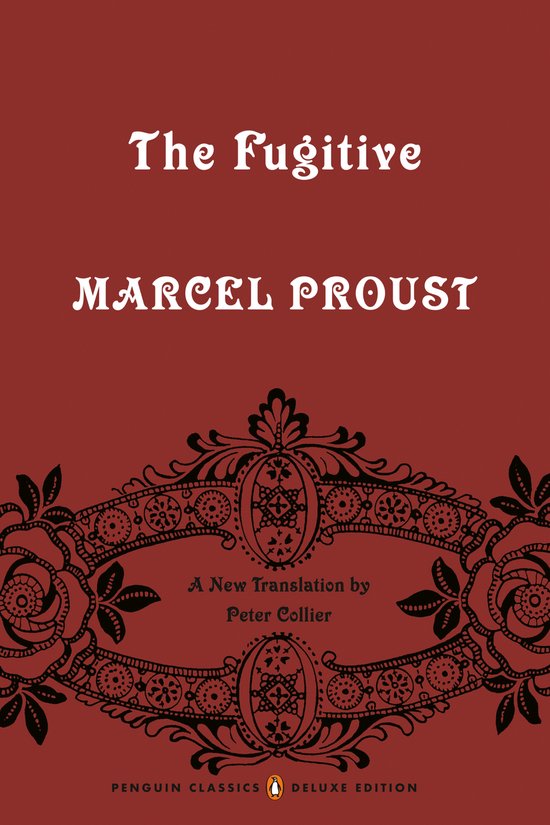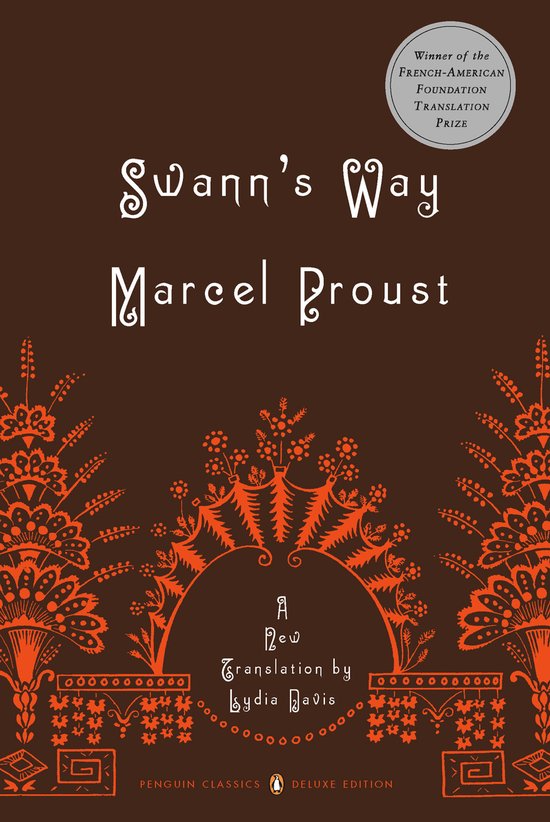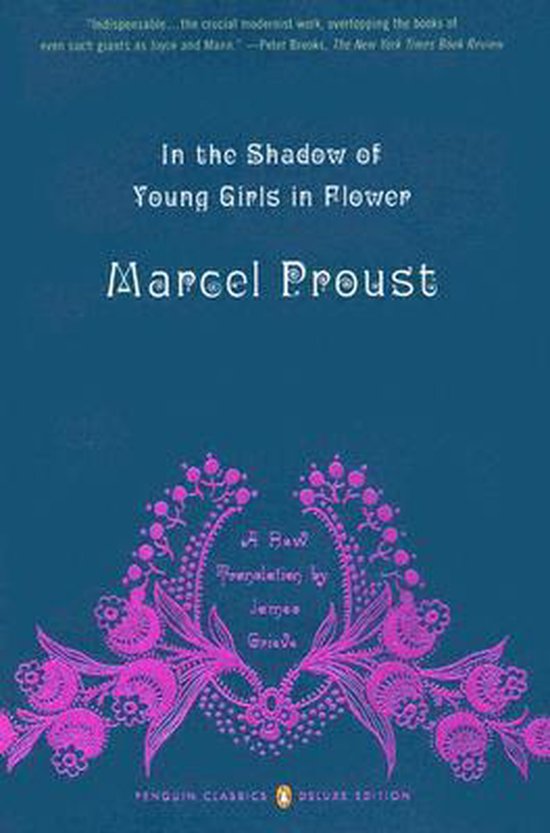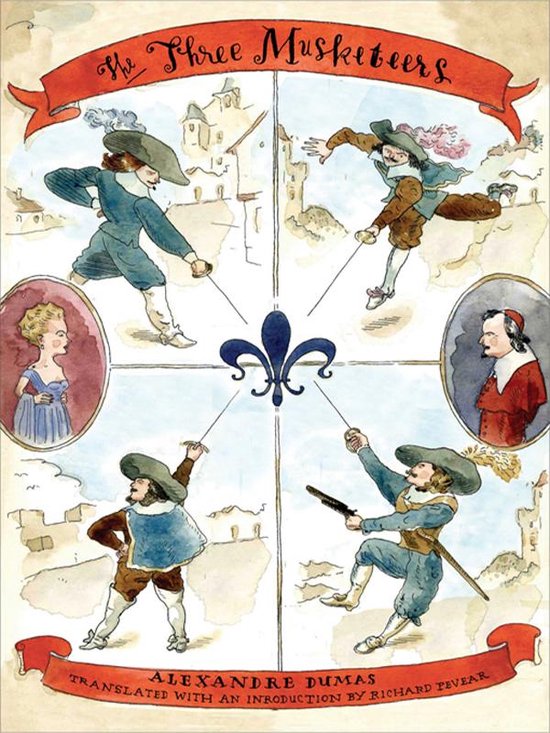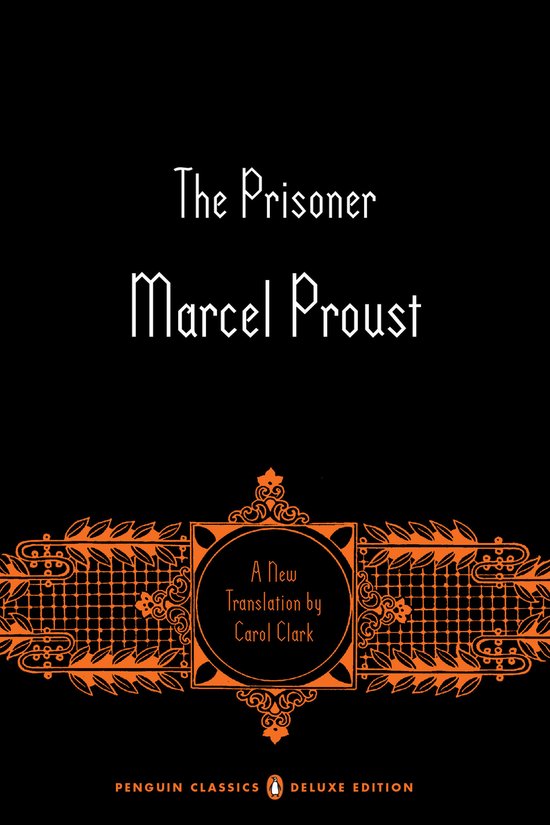
The Prisoner In Search of Lost Time, Volume 5 Penguin Classics Deluxe Edition
The long-awaited fifth volume--representing "the very summit of Proust's art" (Slate)--in the acclaimed Penguin translation of "the greatest literary work of the twentieth century" (The New York Times)
A Penguin Classics Deluxe Edition, with flaps and deckle-edged paper
Carol Clark's acclaimed translation of The Prisoner introduces a new generation of American readers to the literary riches of Marcel Proust. The fifth volume in Penguin Classics' superb new edition of In Search of Lost Time--the first completely new translation of Proust's masterpiece since the 1920s--brings us a more comic and lucid prose than readers of English have previously been able to enjoy.
The titular "prisoner" is Albertine, the tall, dark orphan with whom Marcel had fallen in love at the end of Sodom and Gomorrah (volume 4). Albertine has moved in with Marcel in his family's apartment in Paris, where the pair have a seemingly limitless supply of money and are chaperoned only by Marcel's judgmental family servant, Françoise. Marcel, who worries obsessively about Albertine's relationships with other women, grows more and more irrational in his attempts to control her, keeping her prisoner in his apartment and buying her couture gowns, furs, and jewelry in an attempt to protect her from herself and from the outside world and. And yet in addition to being a tragedy of possessive love, The Prisoner is also a comedy of human folly and misunderstanding, linked to the other volumes of the larger novel through its themes of class differences, art, irrationality, social snobbery, and, of course, time and memory.
A Penguin Classics Deluxe Edition, with flaps and deckle-edged paper
Carol Clark's acclaimed translation of The Prisoner introduces a new generation of American readers to the literary riches of Marcel Proust. The fifth volume in Penguin Classics' superb new edition of In Search of Lost Time--the first completely new translation of Proust's masterpiece since the 1920s--brings us a more comic and lucid prose than readers of English have previously been able to enjoy.
The titular "prisoner" is Albertine, the tall, dark orphan with whom Marcel had fallen in love at the end of Sodom and Gomorrah (volume 4). Albertine has moved in with Marcel in his family's apartment in Paris, where the pair have a seemingly limitless supply of money and are chaperoned only by Marcel's judgmental family servant, Françoise. Marcel, who worries obsessively about Albertine's relationships with other women, grows more and more irrational in his attempts to control her, keeping her prisoner in his apartment and buying her couture gowns, furs, and jewelry in an attempt to protect her from herself and from the outside world and. And yet in addition to being a tragedy of possessive love, The Prisoner is also a comedy of human folly and misunderstanding, linked to the other volumes of the larger novel through its themes of class differences, art, irrationality, social snobbery, and, of course, time and memory.
| Auteur | | Marcel Proust |
| Taal | | Engels |
| Type | | Paperback |
| Categorie | | Literatuur & Romans |
